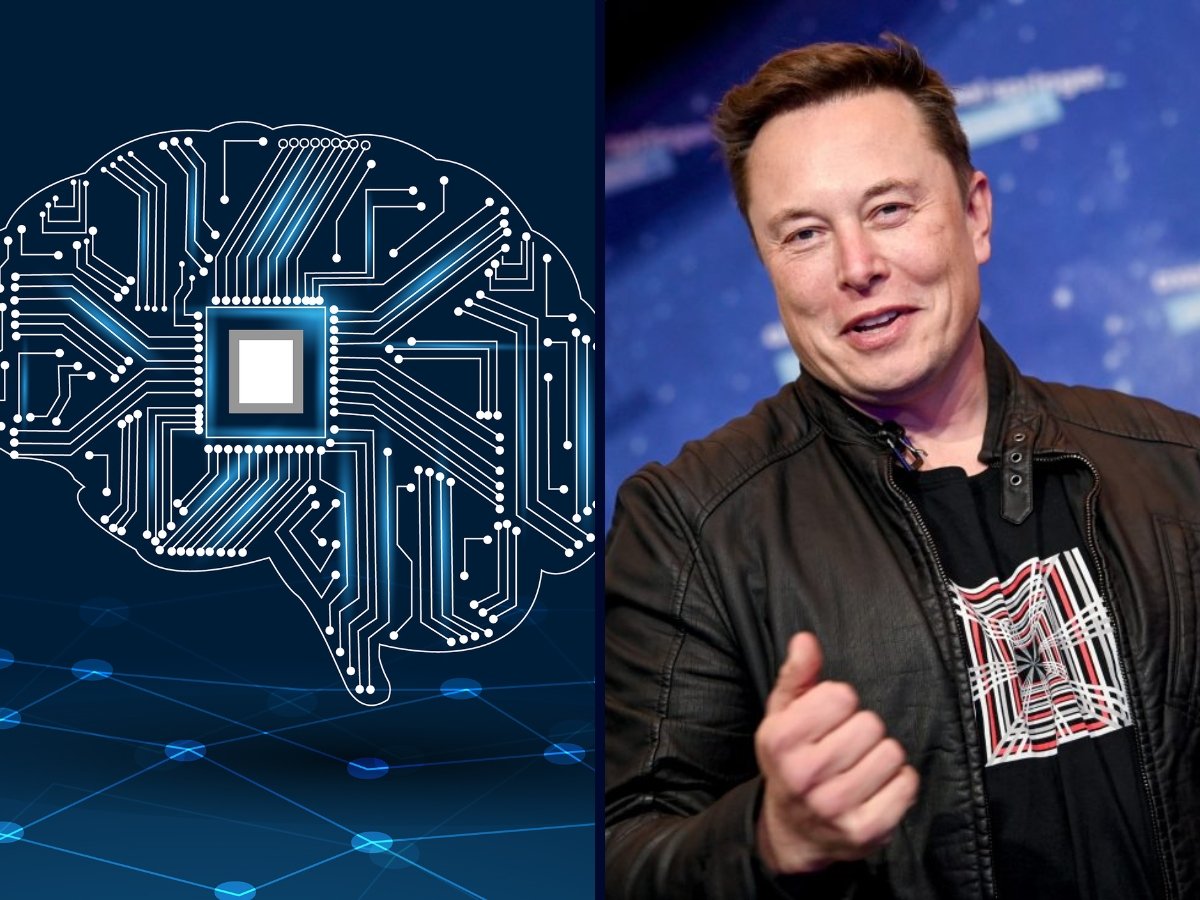Elon Musk’s Neuralink has marked a historic moment in medical technology by successfully implanting its first brain chip in a human. This significant advancement aims to assist those with severe paralysis, potentially transforming lives.
The Legal and Ethical Backdrop
In May of the previous year, the U.S. Food and Drug Administration approved Neuralink for clinical trials on humans, a step forward after various animal trials. However, Neuralink faced criticism for its surgical practices in animals, raising ethical questions.
The Neuralink Device: Unveiling Telepathy
The “Telepathy” chip, implanted in a human brain, stands out with over 1,000 electrodes targeting individual neurons for precision. The device operates wirelessly, transmitting brain signal data to a dedicated app. The ultimate goal is to aid those with paralysis and potentially restore lost senses like hearing and vision.
The First Neuralink Human Trial: A Glimpse into the Future
The first human recipient is reported to be recovering well, with promising initial results, as posted by Elon Musk on X. The ongoing trial will focus on the safety and functionality of the implant and the surgical robot involved in the procedure.
The first human received an implant from @Neuralink yesterday and is recovering well.
Initial results show promising neuron spike detection.
— Elon Musk (@elonmusk) January 29, 2024
Broader Impact and Future Prospects
This development opens doors to numerous possibilities in medical science, from assisting paralyzed individuals to more futuristic aspirations like human-AI integration. The journey to commercialization, however, could span five to ten years, emphasizing the importance of thorough and ethical research.
Read: Blackstone’s $25 Billion Bet on Power-Hungry Data Centers: Building an AI-Driven Empire
Neuralink and the Competitive Scenario
Neuralink’s journey hasn’t been solitary. It faces competition from other companies, like Australia-based Synchron, which implanted its device in a U.S. patient in July 2022. Synchron’s approach differs by not requiring invasive skull surgery.







